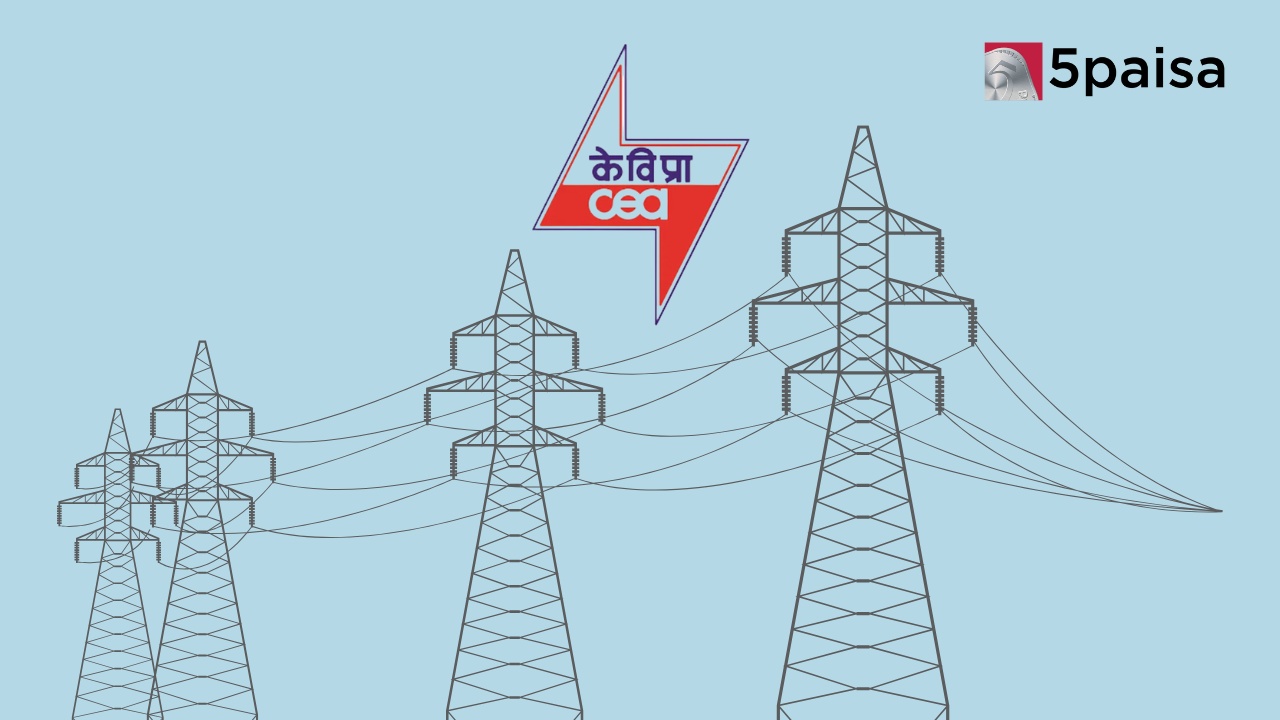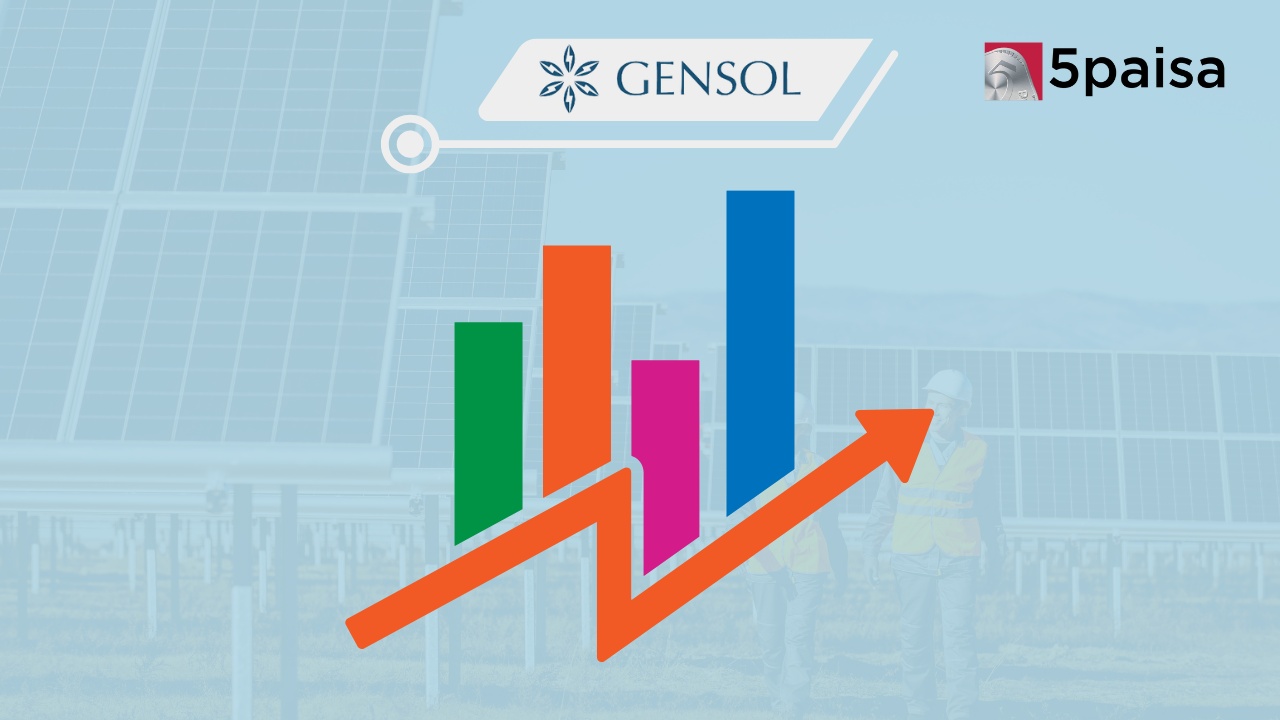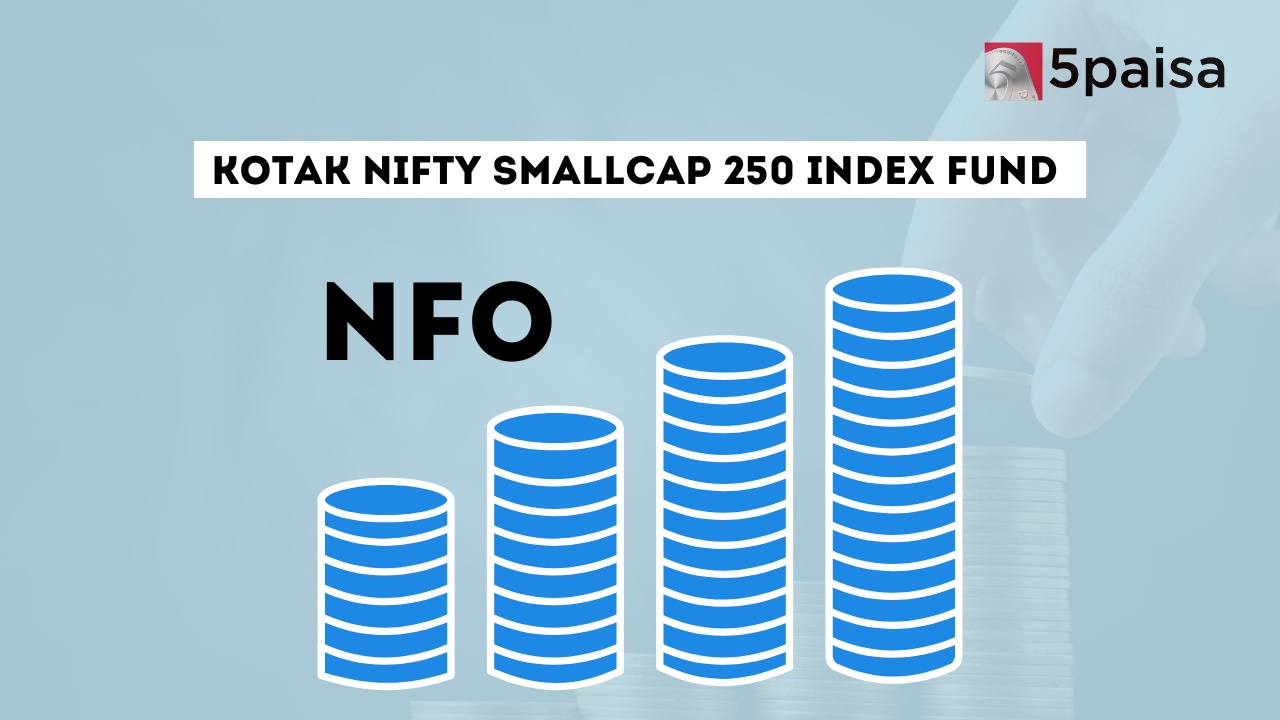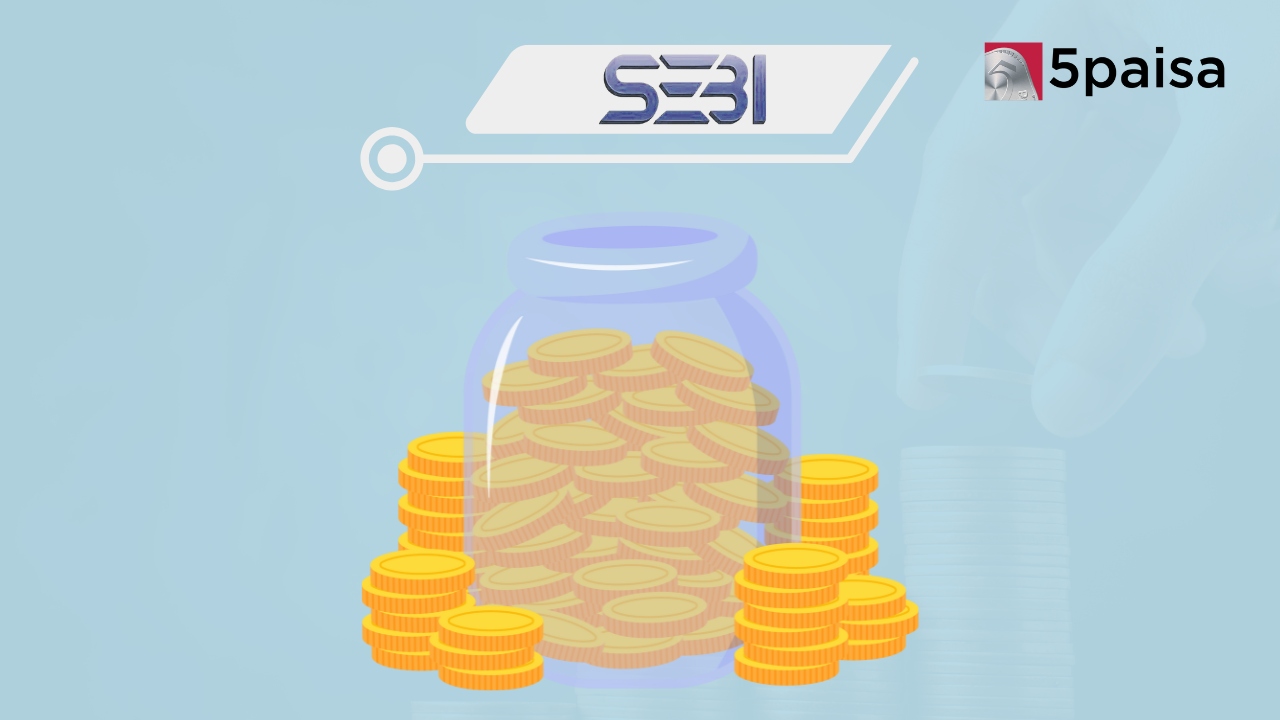FM: GST Empowers States, Exemplifying Cooperative Federalism

Last Updated: 7th May 2024 - 02:35 pm
On Monday, Finance Minister Nirmala Sitharaman announced the achievement of two significant milestones within the broader GST framework. These include the appointment of the President of the GST Appellate Tribunal (GSTAT) and the crossing of gross GST collections over the landmark ₹2 lakh crore mark, attributed to increased economic activity in the country.
In a comprehensive statement posted on X, formerly known as Twitter, the Finance Minister highlighted data demonstrating how GST has alleviated the tax burden on essential goods for the poor and has increased the financial resources available to states. This aligns with the government’s goal of promoting federalism.
She noted that the GST initiative, originally proposed by the Atal Bihari Vajpayee-led NDA government, was ultimately enacted under Prime Minister Narendra Modi's leadership. This followed a careful consensus-building process, culminating in the GST Acts being passed by Parliament in 2016.
The Finance Minister explained that prior to the implementation of GST, India's indirect tax system was disjointed and complex, with each state essentially functioning as a separate market, governed by its own distinct rules and tax rates.
The statement by Finance Minister Sitharaman coincided with her administering the oath to Justice (Retd) Sanjaya Kumar Mishra as the President of the GST Appellate Tribunal (GSTAT). The appointment of Mishra signifies the start of the operational phase of the GSTAT, a key entity for resolving disputes related to GST. This development comes nearly seven years after the GST regime was first implemented in July 2017.
According to data released by the Finance Ministry on May 1, the monthly gross GST collections have been gaining momentum, recently surpassing a significant milestone of ₹2 lakh crore, as reported for the month of April.
The Finance Minister elaborated that the GST unified 17 different taxes and 13 cesses into a simpler five-tier structure. It also increased the registration threshold to ₹40 lakh for goods and ₹20 lakh for services, a significant rise from the previous average of ₹5 lakh under the VAT system. Additionally, GST consolidated what were once 495 varied submissions—including challans, forms, and declarations—across different states into just 12, simplifying compliance considerably.
“Despite the GST rate being less than the prescribed Revenue Neutral Rate and COVID-19 affecting the revenues, GST collections (as a percentage of GDP) have now reached the levels they were before GST (both net and gross). This demonstrates that the Centre & States, collectively, through better tax administration, are able to collect the same revenue with a lower burden on our taxpayers,” Sitharaman said in a post on social media platform X, formerly Twitter.
“GST exemplifies cooperative Federalism in India, empowering states”, Sitharaman said, adding that it has improved tax buoyancy for states. “It is a myth that all GST collections are pocketed by the Centre. GST contributes significantly to state revenues – States receive 100% of SGST collected in that state, approx. 50% of IGST (i.e. on inter-state trade). A significant portion of CGST, i.e., 42%, is devolved to the states based on the Finance Commission’s recommendations. GST has improved tax buoyancy from 0.72 (pre-GST) to 1.22 (2018-23). Despite compensation ending, state revenues remain buoyant at 1.15,” she said.
The Finance Minister pointed out that GST has reduced taxes on numerous essential items compared to the rates before GST was implemented. It has exempted several essential goods and services, including unbranded food items, specific life-saving medications, healthcare, education, public transport, sanitary napkins, parts for hearing aids, and agricultural services, thereby easing financial burdens and enhancing accessibility for the general public.
“GST is an expression of Modi government’s commitment to ‘Sabka Saath, Sabka Vikas, Sabka Vishwas, Sabka Prayaas’. Our continuous efforts are towards ensuring that new heights are scaled through better taxpayer services and increased efficiencies instead of increased taxes,” FM Sitharaman said.
- Flat ₹20 Brokerage
- Next-gen Trading
- Advance Charting
- Actionable Ideas
Trending on 5paisa
01
 5paisa Research Team
5paisa Research Team
06
 5paisa Research Team
5paisa Research Team
Indian Market Related Articles
Disclaimer: Investment in securities market are subject to market risks, read all the related documents carefully before investing. For detailed disclaimer please Click here.




